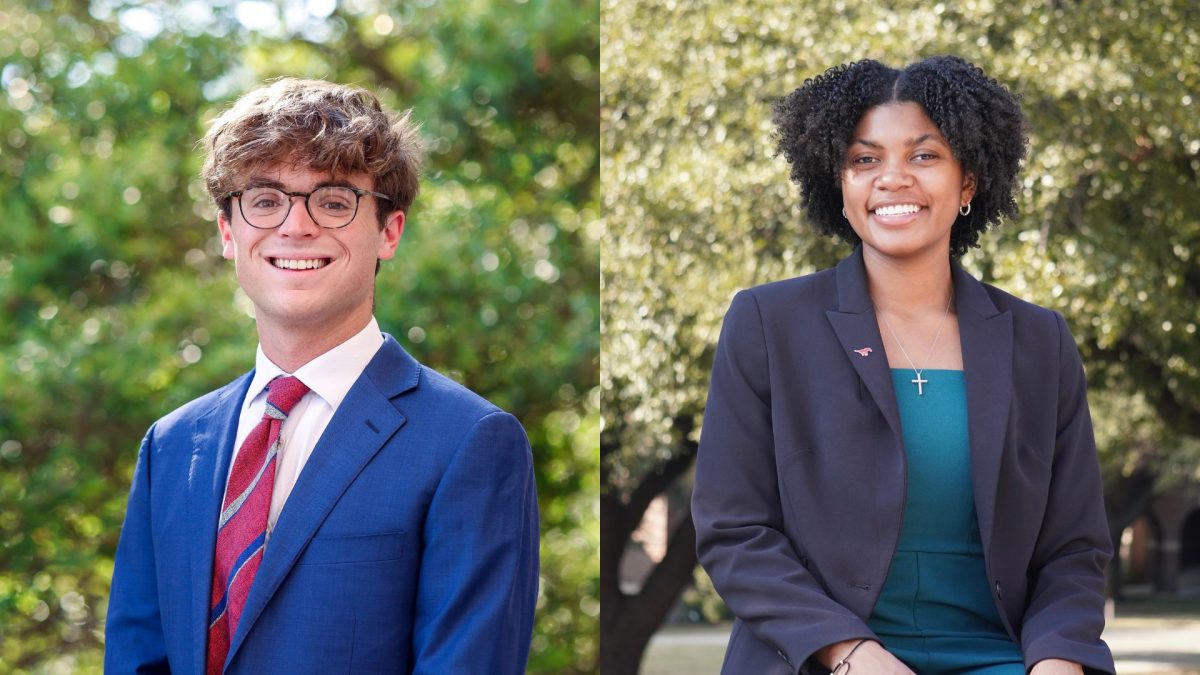SMU Dedman School of Law hosted an immigration law symposium Friday, Oct. 19, titled: “Immigrants and Immigration Reform: Civil Rights in the 21st Century.”
The U.S. immigration policy has become one of the most pressing issues of today. The conference focused on controversial issues such as immigration restrictions, increased border enforcement and the thousands of deaths on the border between the U.S. and Mexico.
The speakers also addressed special immigration procedures enacted for the “war on terror” as well as mass marches protesting draconian immigration reform in cities across the United States, including Dallas.
A total of seven speakers and three commentators came to the conference. Many of the presenters held graduate degrees from prestigious schools such as Harvard, UC Berkeley and the University of Pennsylvania.
The conference was broken down into three sections. The speakers in the first section covered borders, immigration laws and civil rights.
After a quick break, the second section commenced with presentations on immigrant markets and rights.
Section three began with a speech from UPenn Professor Howard F. Chang entitled “The Disadvantages of Protectionist Immigration Restrictions as a Policy to Improve Income Redistribution.”
Chang spent time talking about the economic effects of immigration. When talking about liberalization he reminded the audience, “We must not set too high of a hurdle for reform.”
Chang also stressed the role of taxation in respect to immigration as well as the negative effects of protectionism.
“Protectionism is less likely to work because it causes the United States to sacrifice gains in the labor market,” Chang said.
Next to speak was Assistant Professor of Law at SMU Rose C. Villazor. She spoke of the aid churches are giving to immigrants in need.
“The new sanctuary movement offers legal, medical and material aid to immigrants who are in the process of legalization,” Villazor said.
The enforcement of immigration laws forces separation of families. Legal immigrants must wait up to 16 years before they can bring certain members of their family over. Villazor suggests that this is one reason for illegal immigration. Every lecture concluded with time for questions and answers.
“The conference posed several interesting views on immigration,” SMU alumna Kelsey Vaughan said. “I believe it is good to get different perspectives on an issue before reaching a conclusion.”








